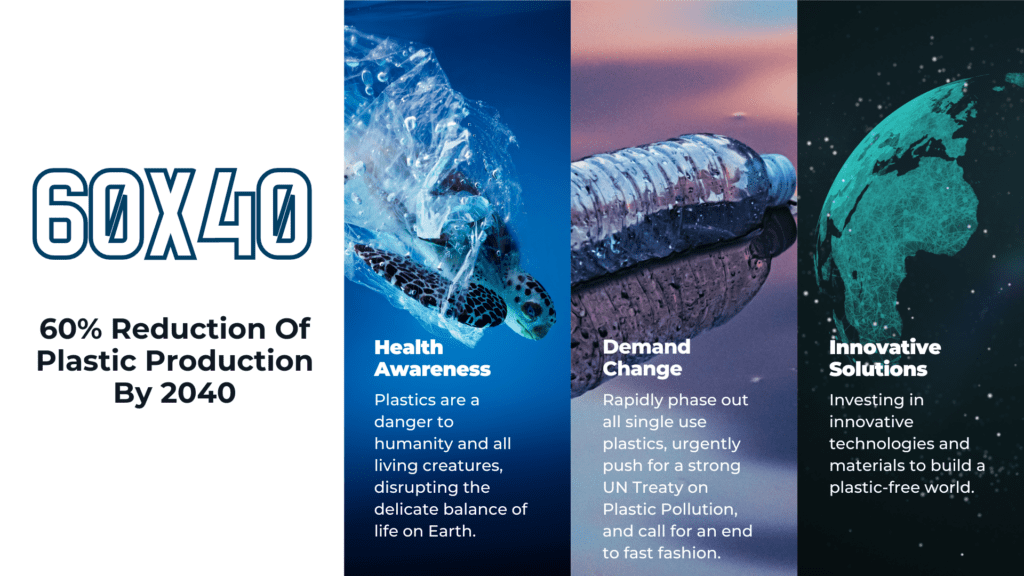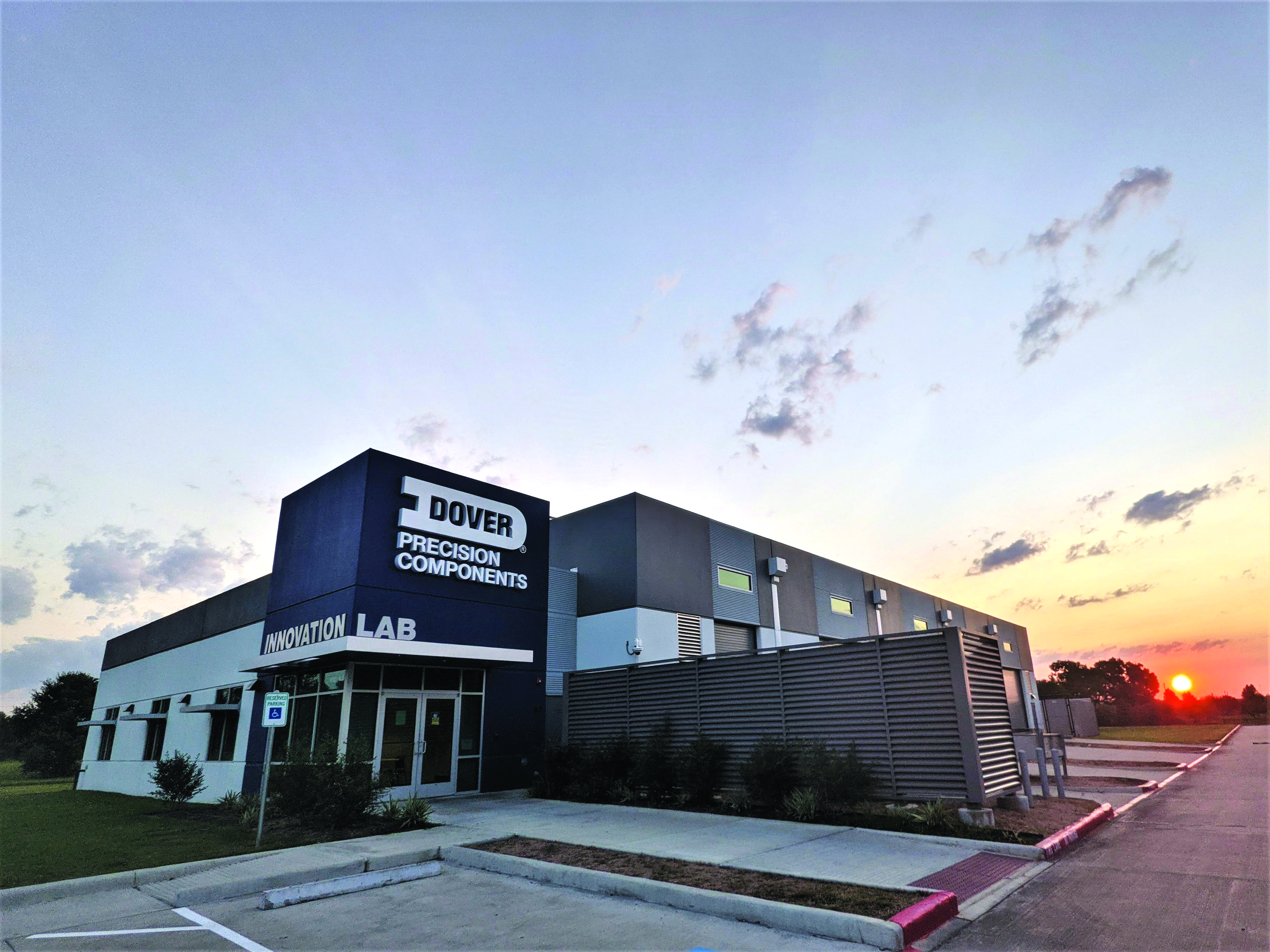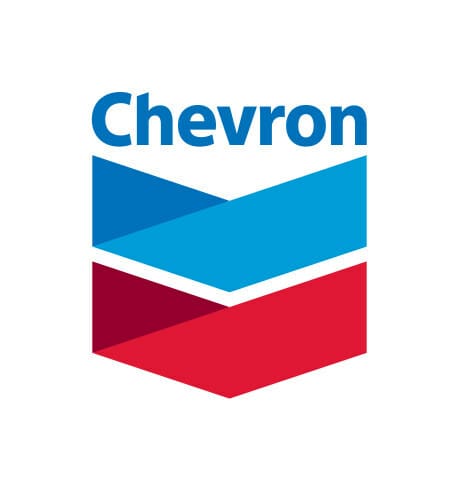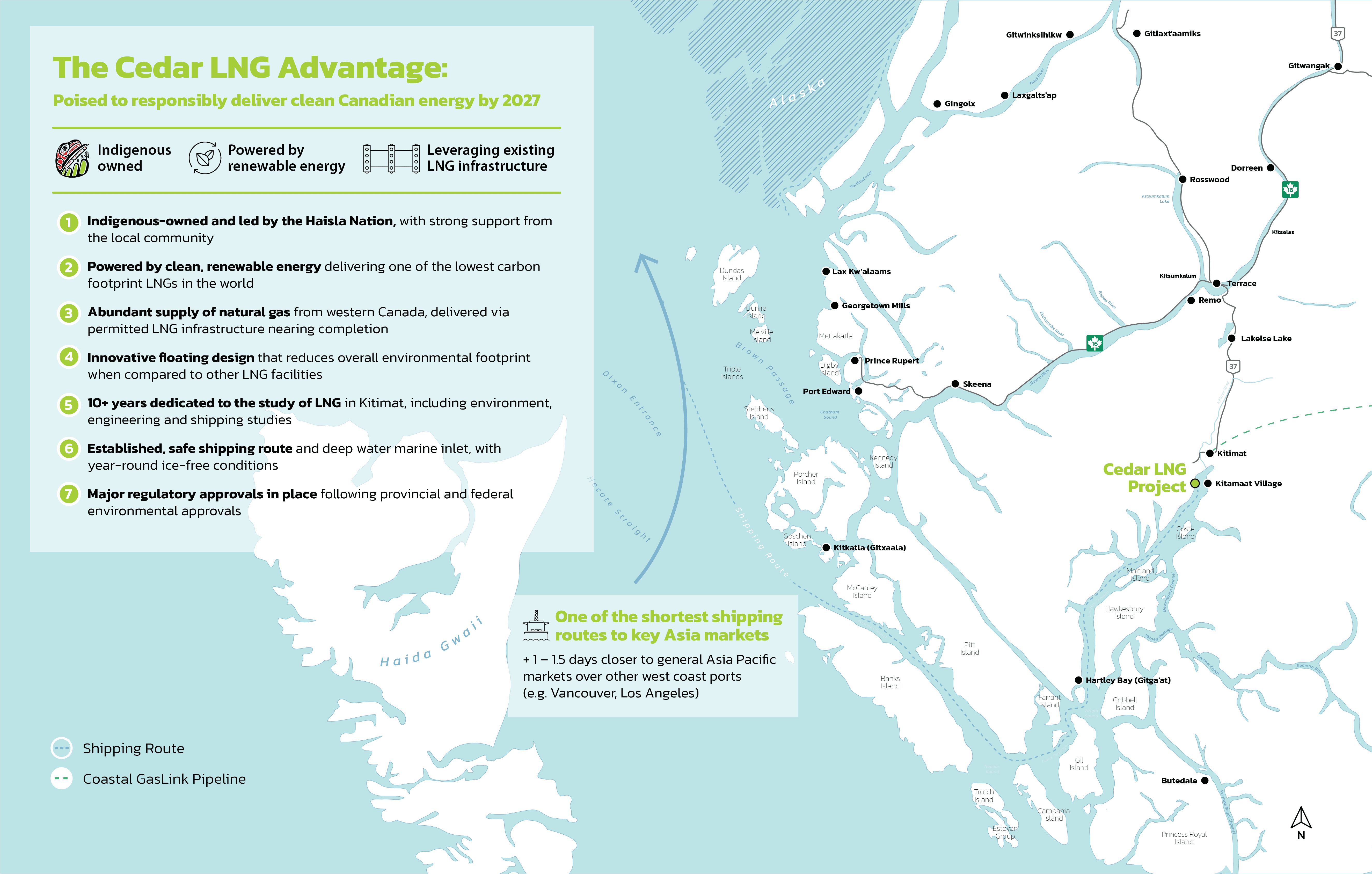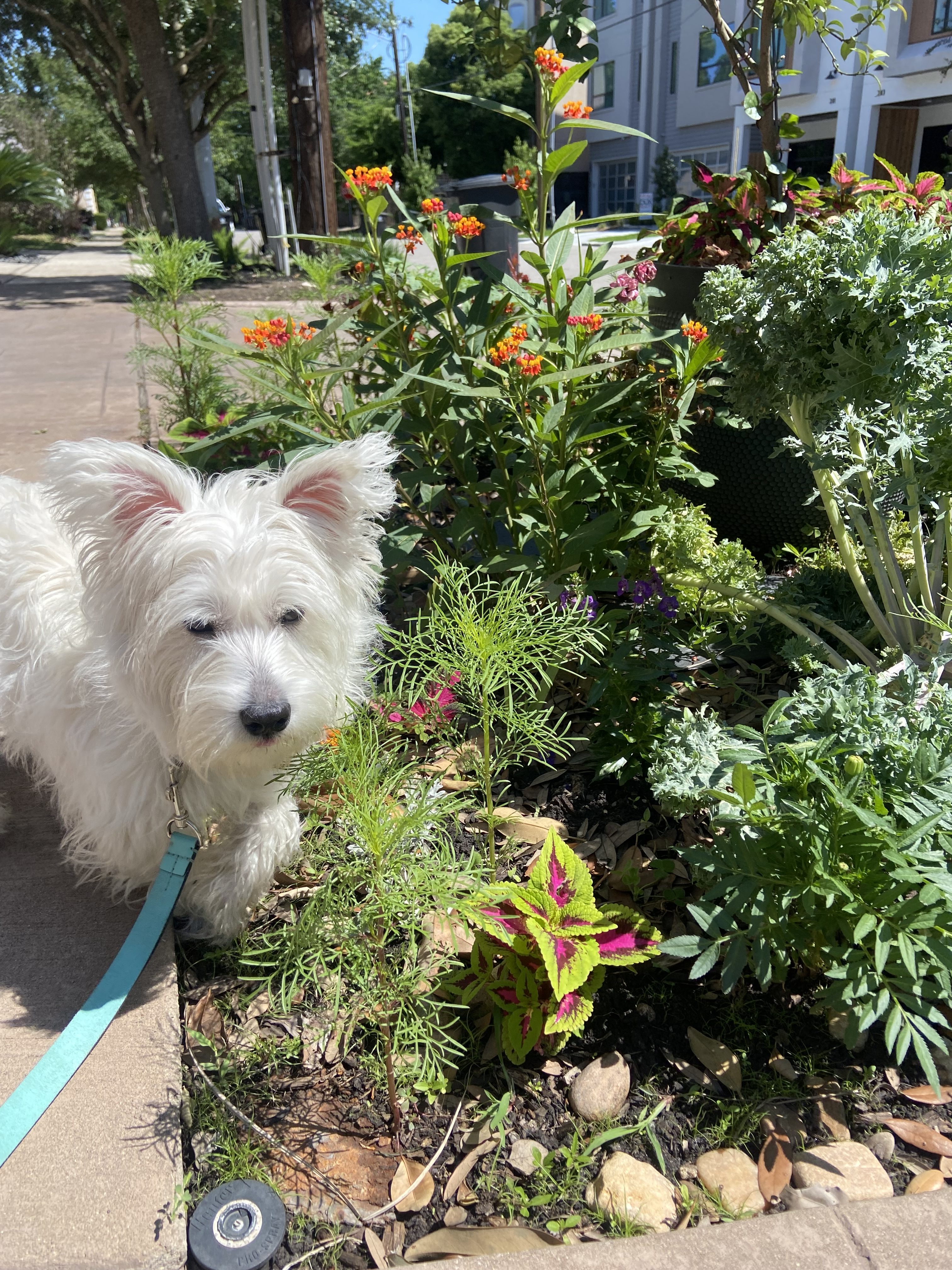
UGI Utilities (UGI), a subsidiary of UGI Corporation, has begun to accept renewable natural gas (RNG) from Archaea Energy (Archaea) into its pipeline distribution system.
In its fiscal year 2021, UGI signed an interconnect agreement with Archaea to accept delivery of RNG from Archaea’s recently completed Assai Project (Assai) located at the Keystone Landfill in Dunmore, Pennsylvania. The purchased RNG will be fed into UGI’s natural gas pipeline that serves its distribution system. Once fully operational, the recently completed interconnect will have an annual capacity of up to 5.3 billion scf (150 million m3). According to UGI, that makes it the largest current RNG supply point in the United States to date. The introduction of RNG supply into UGI Utilities’ distribution system provides benefits to the environment and to the communities it serves by lowering net carbon emissions.
UGI Utilities expects to utilize a portion of the RNG to serve its customers this year. The company said that the purchase is possible because of regulatory approval and a five-year pilot program by the Pennsylvania Public Utility Commission (PUC). The pilot, the first of its kind in Pennsylvania, allows UGI Utilities to integrate RNG into its supply purchase portfolio to provide benefits for its customers. According to UGI, all three PUC commissioners supported and commended its RNG pilot program, including PUC Chair, Gladys Brown Dutrieulle, with specific acknowledgement by Commissioners Ralph V. Yanora and John F. Coleman, Jr. who said that the initiative “represents an innovative economic model that balances environmental, customer, and gas supply requirements consistent with the Commonwealth’s least-cost gas supply requirements.”
“The approval of this pilot program is a significant step forward as we continue to develop sustainable, environmentally responsible energy solutions for our customers,” said Robert F. Beard, executive vice president – natural gas, global engineering, construction and procurement at UGI. “UGI remains committed to developing renewable energy sources for the communities we serve.”
Accepting the delivery of RNG reduces the release of naturally occurring methane from the Keystone Landfill into the atmosphere. UGI anticipates that the project will reduce carbon dioxide (CO2) emissions by an amount equivalent to removing 67,000 passenger vehicles over the course of a year.
Assai Awakens
Just a few days before the UGI announcement, Archaea announced pipeline-quality RNG production and commercial operations at Assai. According to Archaea, Assai is now the highest capacity operational RNG facility in the world.
Assai has natural gas production of 12,000 MMBtu/d, an inlet capacity of 22,500 SCFM (637 m3/min), is expected to reduce CO2 emissions by more than 220,000 tons (200,000 tonnes) per year, and reduce most air pollutants by more than 90%. If all goes according to plan, Assai will deliver more than 4 million MMBtu of RNG in 2022. Archaea estimates that the project will generate US$40 million in 2022 earnings before interest, taxes, depreciation, and amortization (EBITDA). For context, consider that Archaea’s full year 2021 guidance suggests EBITDA between US$72.5 million to US$77.5 million.
Assai combines landfill gas flows from the Keystone Sanitary Landfill and the Waste Management Alliance Landfill. At 714 acres (289 ha), the Keystone Landfill is one of the largest landfills in the United States. In June 2021, the Department of Environmental Protection (DEP) approved a long-awaited expansion to the Keystone landfill. The permit will allow Keystone to expand on a 435-acre (176-ha) space within its existing permitted area and increase its disposal capacity by 3915 scf (111 m3), a permit that Keystone waited roughly seven years for.
Archaea expects Assai to benefit from long-term landfill gas right agreements since the project is forecasted to yield decades of production and is within a large waste market. In fact, 80% of Assai’s total RNG volume is already contracted on a long-term fixed fee basis with FortisBC Energy Inc., Énergir, L.P., and The Regents of the University of California, for periods of up to 20 years.
“Completion of Assai is a monumental moment for Archaea,” said Nick Stork, CEO of Archaea. “We self-performed many critical aspects of this project that most would have outsourced. The compounding effects of this knowledge will translate to lower costs and faster timelines for landfill owners and offtake partners across North America.”
Landfill Methane Emissions Are A Big Problem
According to the US Environmental Protection Agency (EPA), municipal solid waste (MSW) landfills contributed about 15% of human-related methane emissions in 2018, roughly equivalent to the greenhouse gas (GHG) emissions of 20.6 million passenger cars or 11 million US homes. Landfill emissions primarily come from landfill gas (LFG). A natural byproduct of the decomposition of organic material, LFG consists of about 50% methane and 50% CO2.
One option is to flare LFG, which costs money and is harmful to the environment. Another solution is to turn LFG into useful energy, also called RNG, by either increasing its methane content or removing non-methane components. Archaea’s Assai facility is the latter option. By removing non-methane components, it creates RNG that can be used as a drop-in replacement for pipeline gas, compressed natural gas (CNG), or even liquefied natural gas (LNG).
How Assai Fits Into Archaea’s Big Picture
Archaea plans to be the largest RNG producer in the United States this year. Archaea believes that RNG produced from landfill gas (as opposed to dairy manure, wastewater, or food waste) is a low cost and predictable renewable energy feedstock. Archaea has more than two dozen operating sites consisting of 10 LFG facilities, two RNG facilities, and 17 LFG-to-electric facilities, as well as 35 development projects. “Beyond Project Assai, we have additional greenfield development projects at various sizes in our development portfolio,” said Stork on the company’s Q3 2021 conference call. “Our development plan will require execution on a scale that has never been done in the RNG industry. We are confident in our ability to execute on our development plan and today, we see timing as the most meaningful driver of uncertainty in our model. Some elements remain outside of our control like permitting, zoning, and pipeline interconnection. However, we’re extremely confident that the long-term earnings power of our project backlog is locked in. We have been building out teams, processes, and the supply chain to solid execution and that’s our focus on removing the development risks to the extent that we can. We’re making significant investments in equipment and people to help facilitate rapid development over the next two to three years and beyond, and we have additional work to do in this area as we trend toward internalization of our supply chain.”
As mentioned, 80% of Assai’s projected volumes are already contracted under long-term contracts. Archaea plans to leverage this commercial strategy through its other projects as well. It is guiding for at least 70% of RNG volumes to be contracted under 10- to 20-year long term contracts once its greenfield projects come onstream. Archaea is an example of an energy company that values the predictability that long-term contracts provide, as well as their ability to insulate a company from volatile market pricing. Archaea has repeatedly stressed its focus on generating positive EBITDA to grow its business through a lens of stable returns that foster long-term shareholder value. In this sense, it is proving that RNG can be an environmentally beneficial and profitable business model that can also play a key role in the energy transition.
Archaea’s NW Natural Deal
The Assai announcement comes just weeks after Archaea landed its first deal with a US utility. In November 2021, Archaea entered a long-term RNG purchase and sale agreement with NW Natural Holdings, which provides natural gas service to around 2.5 million Oregon and Southwest Washington residents.
“Under the agreement, NW Natural will purchase the environmental attributes generated by Archaea related to up to one million MMBtu of RNG annually from its portfolio of RNG production facilities for a fixed fee for a period of 21 years,” said Archaea in a statement. “The agreement will commence in early 2022, with the full annual quantity beginning in 2025. The RNG produced by Archaea for this long-term partnership is expected to have a positive impact through avoided methane emissions at US landfills and displacement of conventional natural gas.”
“We are pleased to partner with NW Natural and look forward to our multi-decade business relationship,” said Stork. “This agreement, our first with a US utility, is a testament to the strength of our commercial offerings and highlights our ability to help utilities provide lower carbon options to their customers and achieve their sustainability goals.”
“We’re excited to work with the experienced leadership at Archaea to help lower emissions on behalf of our customers,” said David H. Anderson, NW Natural president and CEO. “This agreement is another meaningful step on the path to achieving our long-term carbon neutrality goal, while also helping communities close the loop on waste.”
Other Partnerships
Archaea’s deal with NW Natural follows a series of partnerships aimed at growing the production and use of RNG to reduce global emissions.
Earlier this year, BCCK Holding Company (BCCK), an engineering, procurement, fabrication, and field construction services company, announced that it will provide Archaea with a 13,700-SCFM (388-m3) Style IV NiTech Nitrogen Rejection Unit (NRU). In addition to the NRU, BCCK is providing Archaea with oxygen and CO2 removal systems and residue compression that will be integrated with the remainder of the gas plant being provided by Archaea. BCCK’s NRU and associated equipment are operating at the Assai facility.
Archaea’s Nationwide Aspirations
Founded in 2018 and based out of Pennsylvania, Archaea is aggressively developing seven projects throughout the United States that aim to reduce GHG emissions from existing natural gas infrastructure. Six of the seven projects aim to produce a combined 20,487 Mscf/d (5.8 × 105 m3/d) of RNG, over half of which will be from the Assai plant. The seventh project will utilize gas from two landfills in Newport Beach and Colton, California, to produce 7 tons (6.4 tonnes) per day of hydrogen. Archaea received funding from the Rice Investment Group and Saltonstall & Co. and has partnered with notable institutions, including the University of California (UC) system. Archaea’s Bernie project in San Bernardino Country will deliver clean methane to an onsite treatment plant that will turn it into RNG for use on UC campuses.




